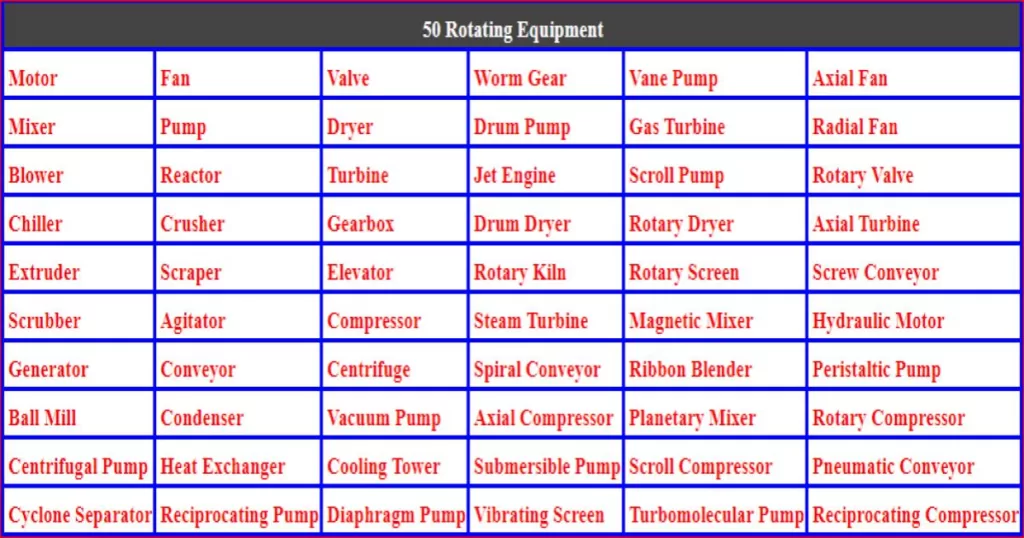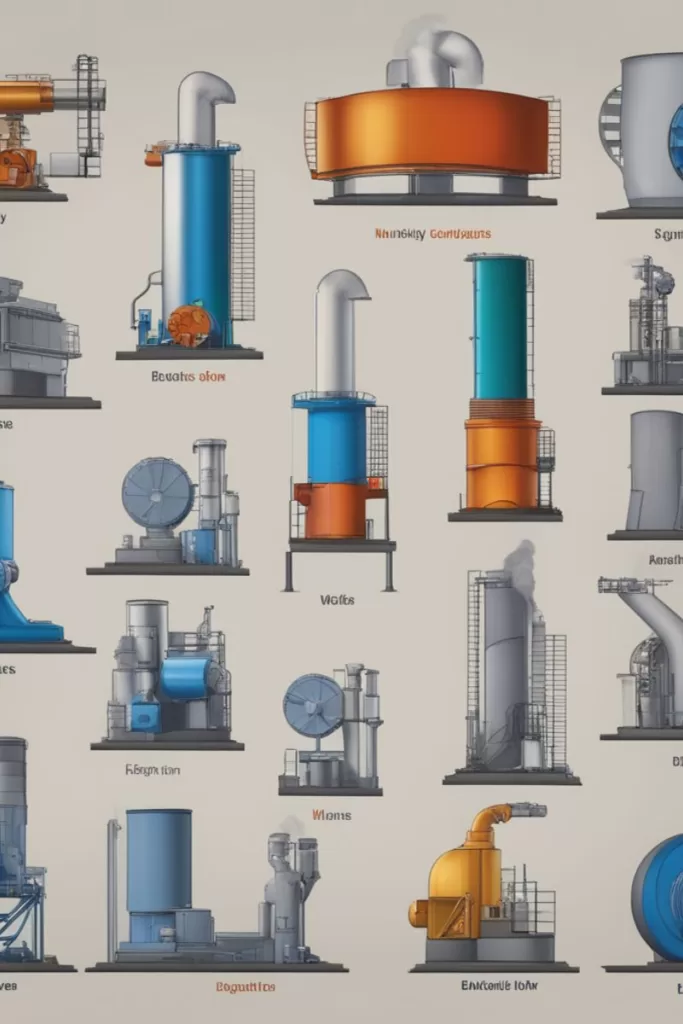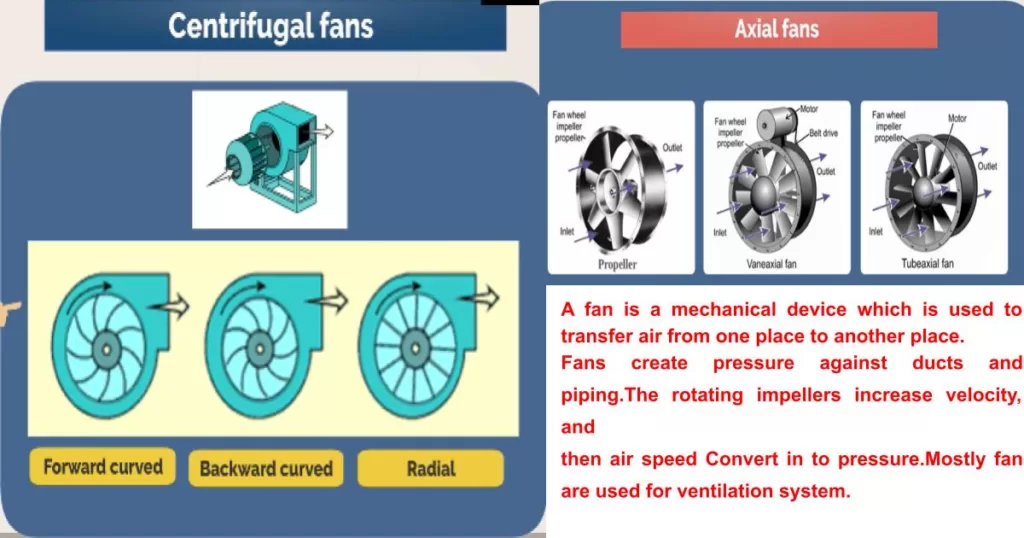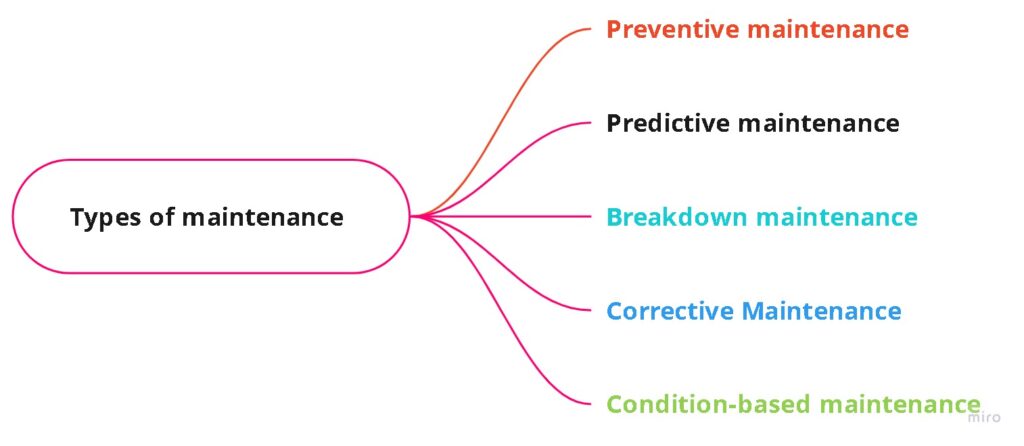Enhancing Process Equipment Reliability and Optimization
In today’s competitive industrial landscape, the reliability and optimization of process equipment are paramount for achieving operational excellence, minimizing costs, and ensuring safety. Reliable equipment not only guarantees seamless production but also mitigates the risks associated with unexpected downtime, ensuring sustainable growth and compliance with regulatory standards.
At its core, process equipment reliability is about ensuring that assets perform their intended functions consistently and efficiently over their lifecycle. Optimization, on the other hand, focuses on fine-tuning operations to maximize performance while reducing waste. When combined, these strategies form the backbone of efficient, cost-effective, and sustainable industrial operations.
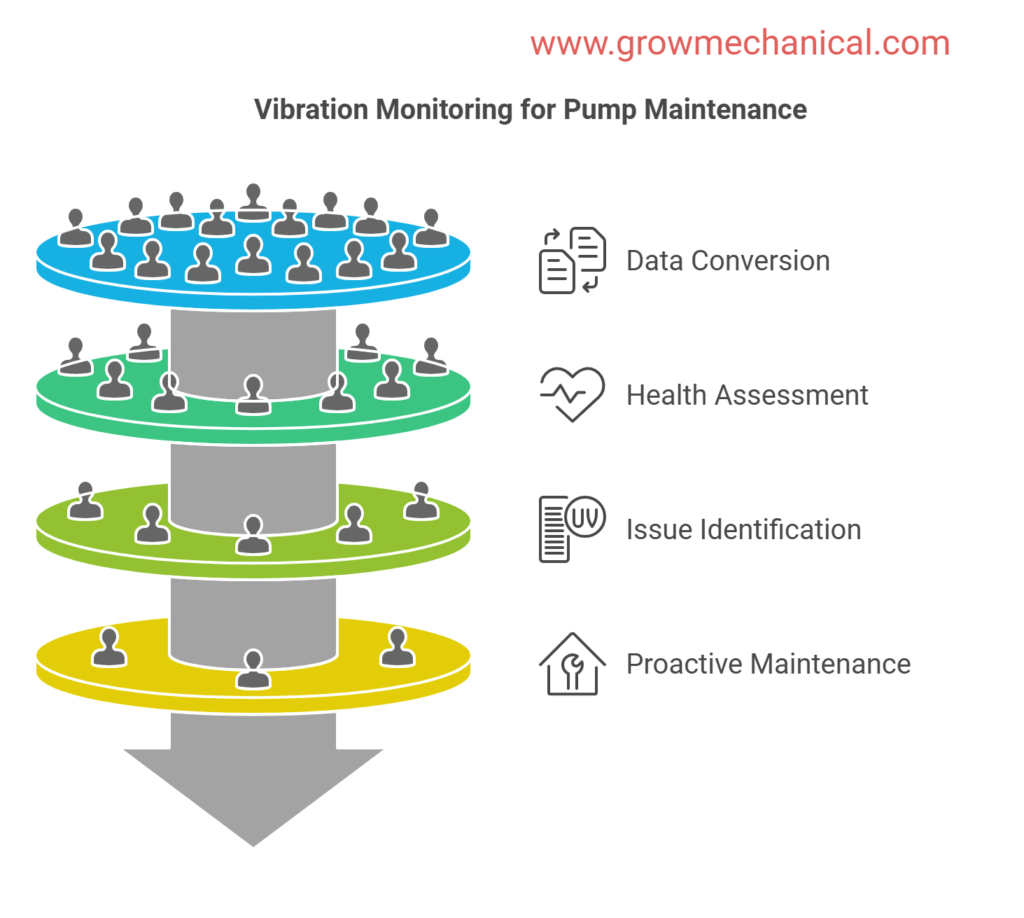
The Significance of Equipment Reliability
1. Reducing Downtime
Unplanned downtime is one of the most significant challenges in industrial operations. Equipment failures can halt production, disrupt supply chains, and lead to substantial financial losses. By focusing on reliability, industries can minimize such interruptions and maintain consistent production schedules.
2. Enhancing Safety
Reliable equipment is critical for maintaining a safe working environment. Faulty machinery can lead to accidents, endangering personnel and the surrounding community. Regular inspections, maintenance, and adherence to safety standards ensure that equipment operates safely.
3. Lowering Maintenance Costs
While reactive maintenance may seem cost-effective in the short term, it often results in higher expenses due to emergency repairs and replacements. Proactive reliability strategies, such as predictive maintenance, help identify potential issues early, reducing repair costs and extending the life of assets.
4. Boosting Operational Efficiency
Reliability ensures that equipment operates at its optimal capacity, directly impacting productivity. High-performing equipment reduces bottlenecks and allows for smoother operations, translating to better resource utilization and higher profitability.
Key Strategies for Ensuring Equipment Reliability
- Reliability-Centered Maintenance (RCM): RCM focuses on understanding the functions and potential failure modes of equipment. By analyzing failure data and prioritizing maintenance efforts, industries can ensure that resources are allocated effectively, addressing the most critical risks first.
- Risk-Based Inspection (RBI): RBI is a proactive approach that assesses the probability and consequences of equipment failure. By prioritizing inspections based on risk, industries can focus their efforts on high-impact areas, ensuring safety and reliability.
- Predictive Maintenance (PdM): Utilizing advanced technologies such as vibration analysis, infrared thermography, and oil analysis, predictive maintenance identifies anomalies before they lead to failures. This data-driven approach minimizes unplanned downtime and optimizes maintenance schedules.
- Continuous Training: Skilled personnel are essential for maintaining reliable equipment. Regular training programs ensure that teams are up-to-date with the latest technologies and maintenance practices, empowering them to handle challenges effectively.
Optimization: The Next Frontier
Optimization goes hand-in-hand with reliability, ensuring that industrial processes are not only consistent but also efficient. Here are some strategies to optimize process equipment:
1. Embracing Condition Monitoring
Advanced sensors and IoT-enabled devices provide real-time data on equipment performance. Condition monitoring systems detect deviations from normal operating parameters, enabling timely interventions and reducing the likelihood of catastrophic failures.
2. Enhancing Energy Efficiency
Energy consumption is a significant operational expense in most industries. Upgrading to energy-efficient equipment, optimizing process parameters, and leveraging renewable energy sources can significantly reduce costs and carbon footprints.
3. Leveraging Data Analytics
Big data and analytics play a pivotal role in optimization. Historical data combined with real-time insights enables industries to identify inefficiencies, predict equipment behavior, and optimize operational strategies.
4. Implementing Process Automation
Automation reduces human error and ensures consistent performance. By integrating advanced control systems, industries can optimize processes, reduce cycle times, and enhance overall productivity.
5. Proactive Change Management
Optimizing equipment often involves implementing new technologies or process changes. Effective change management ensures that these transitions are smooth, minimizing disruptions and resistance.
Case Studies: Success Stories in Reliability and Optimization
Case Study 1: Refinery Reliability Upgrade
A leading refinery faced frequent disruptions due to outdated equipment. By implementing RCM and RBI methodologies, the refinery identified critical failure points and prioritized upgrades. As a result, unplanned downtime was reduced by 40%, and maintenance costs were cut by 25%.
Case Study 2: Energy Optimization in a Chemical Plant
A chemical plant struggling with high energy costs undertook a comprehensive optimization program. By upgrading to energy-efficient pumps and motors, optimizing process parameters, and leveraging real-time data analytics, the plant achieved a 30% reduction in energy consumption, translating to significant cost savings.
The Role of Technology in Reliability and Optimization
The advent of Industry 4.0 has revolutionized equipment reliability and optimization. Technologies such as artificial intelligence (AI), machine learning (ML), and digital twins enable industries to predict failures, simulate process scenarios, and implement corrective actions proactively.
Digital Twins:
These virtual replicas of physical assets provide real-time insights into equipment performance. By simulating different scenarios, digital twins help identify potential issues and optimize operations without disrupting actual processes.
AI and ML:
AI-driven algorithms analyze vast amounts of data to predict equipment behavior. ML models learn from historical data, improving their accuracy over time and enabling more precise maintenance and optimization strategies.
IoT and Connectivity:
IoT devices enable seamless connectivity between equipment, creating a unified ecosystem. This interconnected network ensures that data flows freely, supporting informed decision-making and real-time interventions.
Your Partner in Achieving Excellence
At Grow Mechanical, we understand the challenges industries face in maintaining reliable and optimized operations. Our expertise spans across:
- Heat Exchanger Design: Tailored solutions to meet specific operational requirements, ensuring energy efficiency and optimal performance.
- Maintenance Strategies: Comprehensive guides and tools to implement RCM, RBI, and PdM practices effectively.
- Training and Development: Programs designed to upskill your workforce, enabling them to leverage advanced technologies and practices.
- Energy Optimization: Solutions to reduce operational costs while meeting sustainability goals.
Why Choose Grow Mechanical?
- Expertise: Decades of experience in delivering reliable and optimized solutions for various industries.
- Innovation: Cutting-edge technologies and methodologies to stay ahead in a competitive landscape.
- Customization: Solutions tailored to your unique operational needs.
Explore our resources, insights, and tools to empower your operations and achieve new levels of efficiency and reliability. Visit Grow Mechanical today to start your journey toward excellence.
Conclusion
In a world where efficiency and reliability are key to success, investing in process equipment reliability and optimization is not an option but a necessity. By adopting proactive strategies, leveraging advanced technologies, and partnering with experts, industries can unlock their full potential and drive sustainable growth.
We invite you to share your experiences and strategies for improving equipment reliability and optimization. Let’s collaborate and innovate to build a future of robust, efficient, and sustainable industrial operations.
